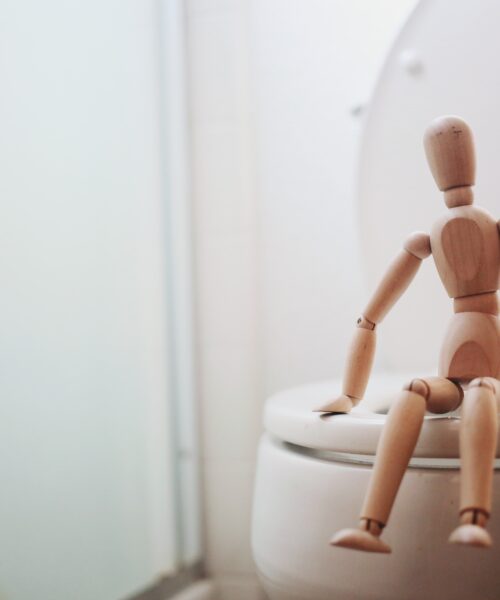In the broad spectrum of sexual education issues, the topic of masturbation often treads on delicate ground. Though masturbation is a common human experience and physiologically normal, discussing it can be embarrassing or uncomfortable, both for parents and children. However, opening a dialogue on the subject can be an important step towards promoting a positive body image and a healthy view of sexuality.
First and foremost, it’s vital to establish that masturbation is normal and healthy. It’s a typical sexual behavior that can begin at a very young age, often before children enter puberty. Health and sexual education experts agree that masturbation causes no physical harm and, in fact, can have numerous benefits, including boosting self-esteem, reducing stress, and educating one’s own sexuality.
Regarding the approach, masturbation education should be an integral part of overall sexual education. It can be introduced when discussing puberty and the physical changes that occur during this period. This is often around the ages of 9-12, although the exact age may vary. Teaching youngsters that masturbation is a normal, private, and non-harmful practice can help debunk myths and unfounded fears.

Remember, communication should be open, honest, and non-judgmental. Instead of holding a formal “lesson”, it might be more effective to talk about masturbation as part of a broader conversation on sexuality and reproductive health. It’s also important to reassure youngsters that everyone has their own pace, and there isn’t a right or wrong way to explore one’s body.
It’s vital to emphasize that masturbation is private behavior. Explaining that it’s something to be done in private can help children understand the social guidelines concerning masturbation.
Lastly, it’s essential to refer to reliable sources during the discussion. There are many online resources, such as those provided by Planned Parenthood and recognized health organizations, that can help guide these conversations. And remember, if you’re unsure about how to approach the topic, there are health and sexual education professionals who can assist you.
In conclusion, teaching masturbation as part of a comprehensive sexual education can be an opportunity to support the development of a positive body image and a healthy understanding of sexuality. With an open, informed, and non-judgmental approach, we can help young individuals navigate these topics safely and knowingly.












